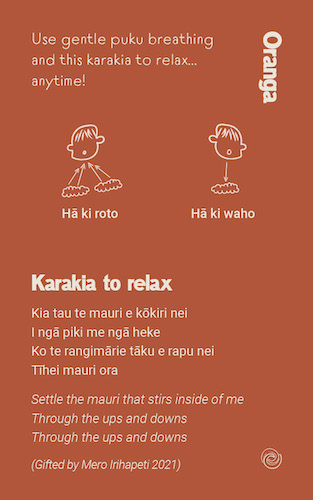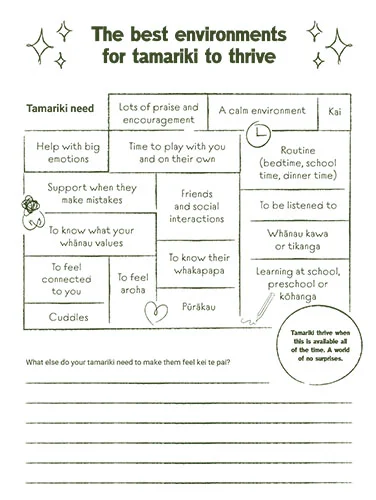
Managing stress
The effects that parental stress can have on babies and children.
Parents are the most important people for helping their child learn to handle (regulate) emotions and grow to be emotionally healthy.
Newborns and emotions
Newborn babies can’t calm themselves, and easily become overwhelmed by strong emotions. When parents read their baby’s cues and respond in a warm, sensitive way to comfort and calm them, their baby gradually learns how to handle their own emotions and get on well with others.
Parents and stress
When babies are upset, their stress response system is activated and stress hormones are released, including cortisol. When their stress response system is activated too often or for too long, cortisol can negatively affect baby’s developing brain.
To help their child learn to manage stress, parents need to manage their own stress well, most of the time.
If parents are often feeling stressed, they may not notice their baby’s signals for help or respond in a calming way.
Children and stress
Babies and toddlers are soaking up information from all around them. From watching and listening, they learn how their parents show their emotions, how they handle their emotions and how they get on with other people. As they grow, they’re likely to copy what they see and hear.
When parents ignore their child’s signals for comfort or are often sad, anxious or angry themselves, their child will have fewer strategies to cope with their own stress and to manage their emotions and behaviours.
Children also have difficulty processing and handling their emotions in a healthy way when there’s violence or a lot of arguing in their home.
Mindful parenting
Parenting mindfully may help parents respond calmly to their child, rather than reacting out of frustration, stress or anger.
‘Mindful parenting’ is when a parent steps back for a moment to think about what’s happening for the child, and thinks about what both they and the child are feeling and needing.
Mindful parents are more likely to see the reasons for their child’s behaviour and respond to the needs and feelings that underlie their child’s behaviour.
Caring for parent and child
Parenting is a demanding role and all parents experience stress at times. To take care of their child, parents need to take care of themselves too.
It helps to eat healthy food, exercise and sleep as much as possible when their child is asleep.
Parents also need emotional support from their whānau and friends.
However, some parents have additional stresses that may interfere with how they care for their children.
Some of the risks that make it more difficult for parents to help regulate their own child’s stress include:
- depression
- extreme anxiety
- family conflict
- inadequate housing
- mental illness
- past experiences of trauma including maltreatment as a child
- poverty.
Some parents may need help with a trained professional to address the causes of their stress.
It’s important to keep an up-to-date list of who and where parents can go to for extra support.
 pdf 5 MB
pdf 5 MB













